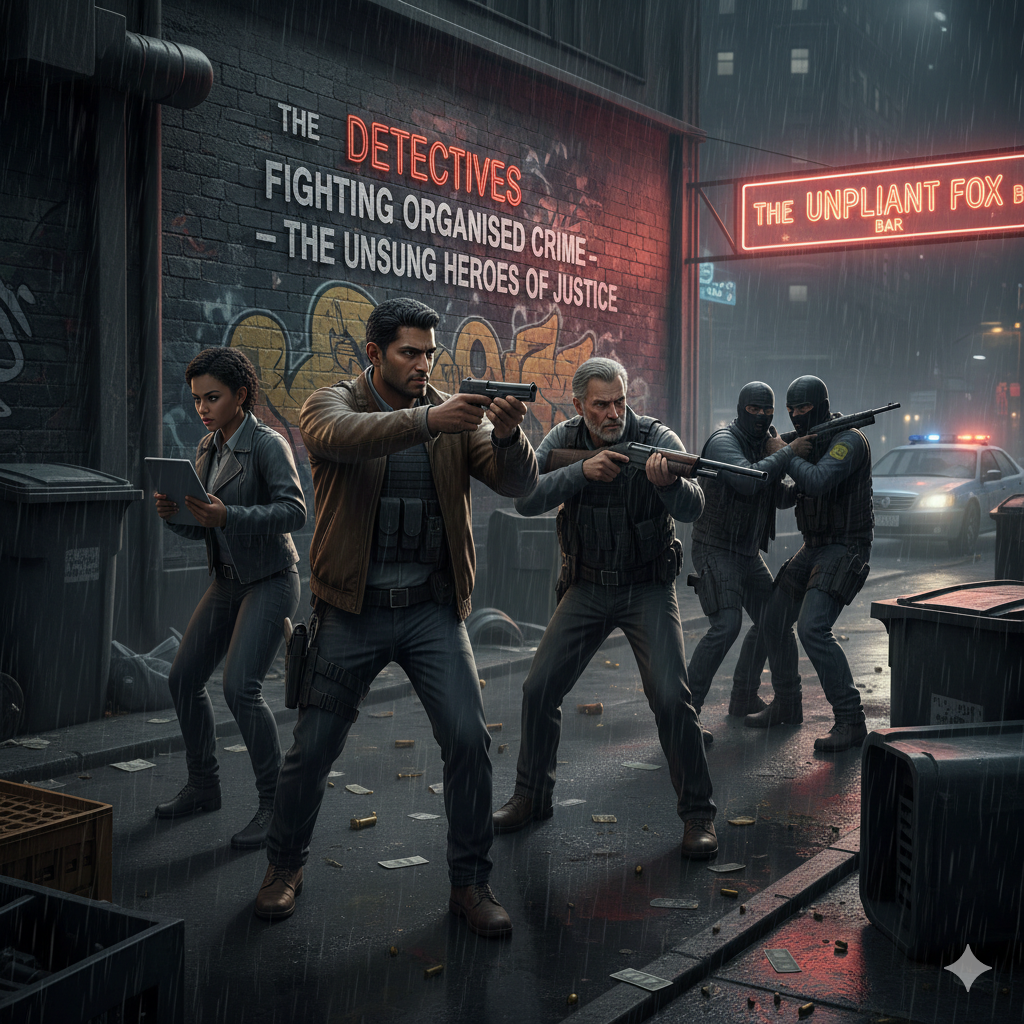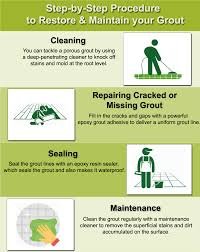Organised crime is one of the biggest challenges faced by modern societies. From drug trafficking and human smuggling to cybercrime and money laundering, criminal networks operate in highly sophisticated ways that threaten the safety, economy, and stability of nations. In this constant battle between law and crime, detectives fighting organised crime stand at the frontline. These brave individuals dedicate their lives to dismantling criminal empires, uncovering hidden networks, and bringing dangerous criminals to justice.
Understanding Organised Crime
Organised crime refers to illegal activities carried out by structured groups or syndicates that operate systematically for financial gain or power. These groups often function like businesses, complete with hierarchies, divisions, and specialized members responsible for different operations. Unlike street-level crime, organised crime has a long-term strategy and uses violence, corruption, and technology to protect its interests.
Common forms of organised crime include:
-
Drug trafficking – the illegal production and distribution of narcotics.
-
Human trafficking – smuggling and exploitation of people for forced labor or sexual exploitation.
-
Arms trafficking – illegal trade of weapons and ammunition.
-
Cybercrime – online fraud, identity theft, and hacking for profit.
-
Money laundering – disguising illegal earnings as legitimate income.
Each of these crimes has far-reaching effects, impacting economies, communities, and individual lives. This is where detectives specializing in organised crime investigations come in.
The Role of Detectives in Combating Organised Crime
Detectives fighting organised crime are not ordinary investigators. They work in specialized units within police forces, national agencies, or international organizations. Their job requires intelligence, patience, and courage.
Some of their key responsibilities include:
-
Gathering Intelligence: Detectives collect information about criminal networks through surveillance, informants, and undercover operations.
-
Tracking Financial Flows: Many detectives follow the money trail to uncover how criminals launder their profits through shell companies, real estate, or offshore accounts.
-
Undercover Operations: Detectives often go undercover, posing as criminals or buyers to infiltrate syndicates and collect vital evidence.
-
Collaboration with Other Agencies: Organised crime often crosses borders, so detectives must cooperate with agencies like Interpol, Europol, or the FBI.
-
Building Strong Cases: They work closely with prosecutors to gather evidence that stands in court, ensuring convictions against powerful crime bosses.
Challenges Faced by Detectives
The battle against organised crime is not easy. Detectives face numerous obstacles, both personal and professional.
-
Complex Networks: Criminal organizations are extremely secretive, using encrypted communication and multiple layers of protection.
-
Corruption: In some regions, corruption within political or law enforcement systems can hinder investigations.
-
Personal Risk: Detectives and their families often live under constant threat from criminal gangs seeking revenge.
-
Psychological Stress: Working in high-risk, high-pressure environments takes a mental and emotional toll.
-
Technological Challenges: Modern criminals use advanced technology, from cryptocurrency to dark web markets, making tracking more difficult.
Despite these hurdles, detectives remain committed to their mission of justice and public safety.
The Importance of Technology in Modern Crime Fighting
In today’s digital world, technology plays a dual role — it empowers criminals but also strengthens detectives. Modern investigators use cutting-edge tools to stay ahead:
-
Data Analytics: Detectives analyze vast amounts of digital data to identify patterns and connections between suspects.
-
Forensic Science: DNA testing, fingerprint analysis, and digital forensics help build solid evidence.
-
Surveillance Systems: CCTV footage, drones, and satellite tracking provide real-time monitoring of criminal activity.
-
Cybercrime Units: Detectives trained in cybersecurity track hackers, online scams, and digital money laundering.
These technologies have transformed how detectives approach organised crime, making investigations faster, more accurate, and more efficient.
International Cooperation Against Organised Crime
No single country can fight organised crime alone. Criminal networks operate globally, so detectives from different nations collaborate to share intelligence, resources, and strategies.
Organizations such as Interpol, Europol, and UNODC (United Nations Office on Drugs and Crime) play vital roles in coordinating these efforts. Through joint operations and information sharing, detectives can track suspects across borders, seize illegal assets, and dismantle transnational crime rings.
International cooperation has led to several major successes, including the capture of drug lords, shutdown of human trafficking routes, and exposure of money-laundering schemes.
Famous Cases Solved by Organised Crime Detectives
History is full of examples where detectives have outsmarted powerful crime syndicates:
-
The Capture of Pablo Escobar: Detectives and special agents worked tirelessly for years to locate and dismantle the Colombian drug cartel.
-
Operation Trojan Shield (2021): Global law enforcement agencies used a fake encrypted app to infiltrate criminal communication networks, leading to hundreds of arrests.
-
The Italian Mafia Investigations: Decades-long efforts by Italian detectives have weakened mafia influence through relentless investigations and arrests.
These cases demonstrate the determination and bravery of detectives in their ongoing war against organised crime.
The Human Side of the Job
Behind every successful investigation are detectives who sacrifice personal time, comfort, and safety for the greater good. Many work long hours under stressful conditions, often away from their families. Their motivation comes from a deep sense of duty — the belief that justice must prevail, no matter the cost.
They are not just police officers; they are analysts, negotiators, and sometimes even actors when working undercover. The work they do saves lives, prevents large-scale violence, and restores faith in law enforcement.
The Future of Organised Crime Detection
As crime evolves, so must the detectives who fight it. The future of organised crime detection will rely heavily on:
-
Artificial Intelligence (AI) for predicting criminal behavior.
-
Blockchain analysis tools to trace illegal crypto transactions.
-
Global data sharing between police agencies for faster response.
-
Specialized training in cyber intelligence and digital forensics.
Detectives of tomorrow will need to be tech-savvy, globally connected, and adaptable to new forms of crime.
Conclusion
The detectives fighting organised crime are the unsung heroes in the global fight for justice. Their courage, intelligence, and determination protect societies from powerful and dangerous networks that thrive on fear and corruption. While their work often goes unnoticed, its impact is immense — every criminal arrested, every network dismantled, and every victim rescued is a victory for humanity.
Organised crime will always exist in some form, but as long as there are dedicated detectives standing against it, there is hope for a safer and fairer world.











